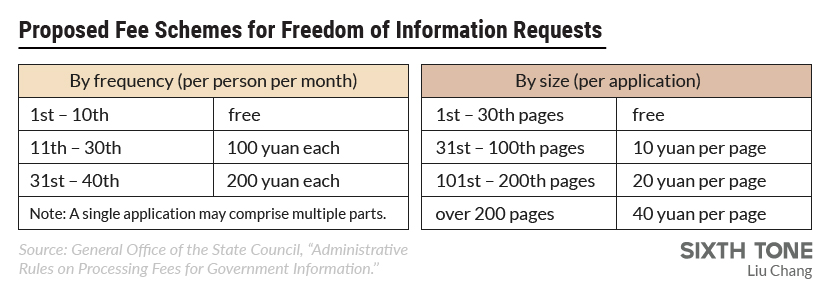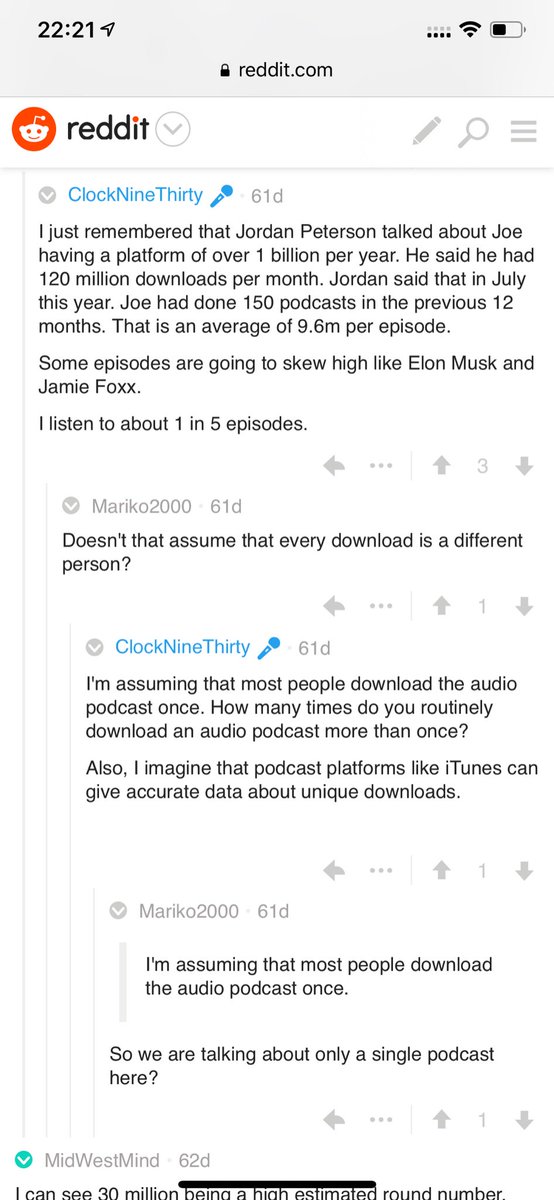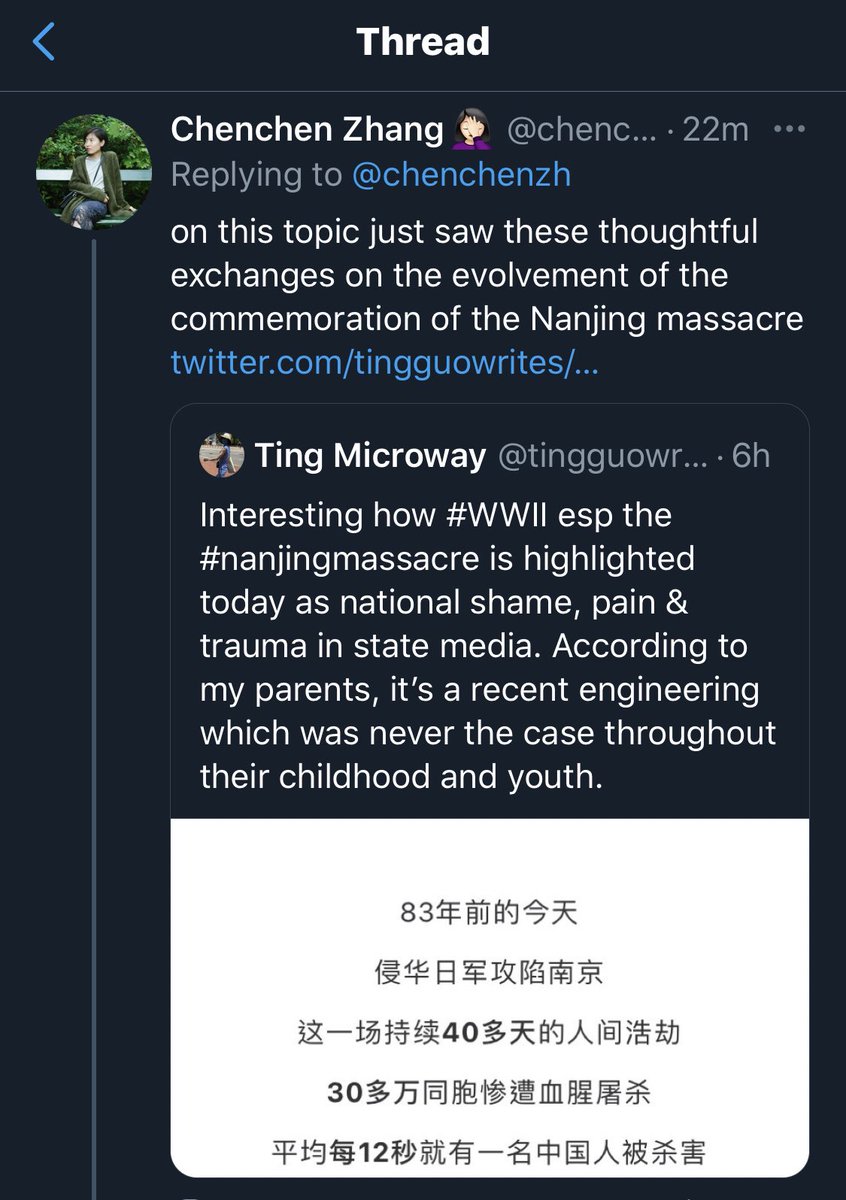
THREAD: Last week, China’s Cabinet announced that, for the first time, fees will be charged for “excessive” freedom of information requests, potentially meaning huge out-of-pocket expenses for lawyers and others who rely heavily on public information from the Chinese government.

If you’re an activist or a lawyer seeking a copy of an 800-page environmental impact assessment report, it’s going to cost you around $4,000 under this scheme.
In fact, last December an administrative agency in Shenzhen was ordered to reimburse an applicant after sending him a pay-on-delivery parcel. https://t.co/H2FF6ctkV8
Regardless of intention, however, the new costs will likely be a hindrance to those seeking public information.
More from China
You May Also Like
Joe Rogan's podcast is now is listened to 1.5+ billion times per year at around $50-100M/year revenue.
Independent and 100% owned by Joe, no networks, no middle men and a 100M+ people audience.
👏
https://t.co/RywAiBxA3s
Joe is the #1 / #2 podcast (depends per week) of all podcasts
120 million plays per month source https://t.co/k7L1LfDdcM

https://t.co/aGcYnVDpMu

Independent and 100% owned by Joe, no networks, no middle men and a 100M+ people audience.
👏
https://t.co/RywAiBxA3s
Joe is the #1 / #2 podcast (depends per week) of all podcasts
120 million plays per month source https://t.co/k7L1LfDdcM

https://t.co/aGcYnVDpMu





















